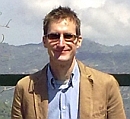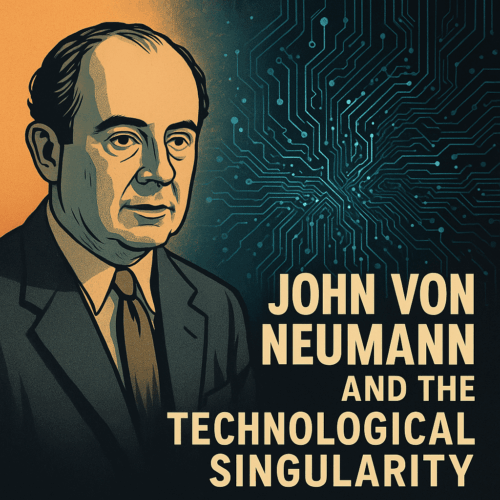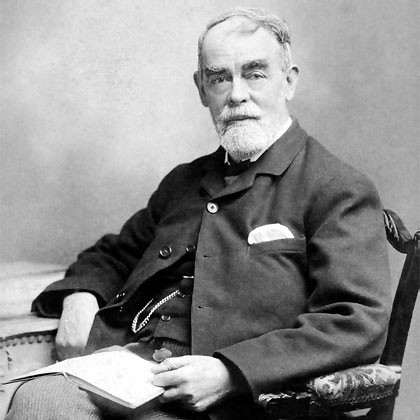Is science a heresy?

It’s true that science and religion haven’t always rubbed along well together, and in fact Galileo Galilei was tried for heresy, but in this article I’m considering a broader issue, not just a religious one. I’m asking whether science is now an established part of mainstream cultural thinking or if it’s a subversive, radical activity that seeks to continually undermine the status quo.
Let’s do some dictionary work to start. Here’s what my copy of the Concise Oxford Dictionary has to say:
Science: Systematic and formulated knowledge based mainly on observation, experiment and induction, or deductions from self-evident truths.
Heresy: Opinion contrary to the accepted doctrine on any subject.
So, at first glance, science doesn’t appear to be a heresy. It’s practically the opposite. Adjectives like ‘radical’ and ‘subversive’ don’t appear anywhere in its definition. It’s systematic and self-evident and consistent with the world we observe around us. Except that’s not my understanding of science at all.
While I agree that science consists of systematic and formulated knowledge, I don’t agree that it is based on induction or deduced from self-evident truths. I’m not even convinced that it’s derived from observation.
For instance, the sun is observed to rise in the east and set in the west. It should therefore be self-evident that the sun circles the Earth, as observed. Except it doesn’t.
Similarly, time marches forward at a steady, unvarying rate, as is completely obvious to everyone and confirmed by observation. Except it doesn’t.
Even simple physical laws like Newton’s first law of motion (a restatement of Galileo’s Law of Inertia) are completely at odds with everyday observations and experiments, not to mention the time-honoured theories of Aristotle. Until this outrageous proposal, it seemed obvious that moving objects tend to come to a state of rest unless a force acts on them. Equally, it seemed obvious that heavenly bodies like stars and planets were governed by different celestial laws, as befitted their eternal, unchanging nature. It took the genius of Galileo and Newton to realise that it’s the invisible force of friction that’s responsible for bringing objects to rest, that objects will move with constant velocity if no external force is present, and that the same set of laws that describe how apples fall from trees also apply to stars and comets.
This nicely illustrates how science really works. Galileo and Newton observed the world, certainly, and they derived inspiration from it. But they did not infer laws directly from their everyday observations. Their laws apparently contradicted those observations. Instead they imagined new, universal laws that were capable of describing a range of phenomena, including both everyday objects and celestial bodies. They invented (not discovered) a set of laws that could describe the motion of all things without exception.
What an arrogant thing to do! To overturn not just the ideas of Aristotle and the Church, but to deny ordinary everyday experience! And yet that is how all good science works.
The greatest scientists play the role of heretics, imagining shockingly unorthodox visions of reality, in gross contradiction to observation and derived not from self-evident truths but created by their own egotistical imaginations. The science invented in this manner can then be tested by experiment, but only if you know what to look for. If you’re not expecting time to slow down as your speed increases (as Einstein predicted in his Special Theory of Relativity), you can perform a million experiments and never observe the effect.
Theories and speculation dictate what we go looking for in the first place. Scientists don’t simply observe everything around them indiscriminately. Indeed, most experiments are designed carefully to screen out all the effects that aren’t relevant to a measurement.
The theory comes first, out of a scientist’s mind. Then, if confirmed by experiment, it becomes orthodox. Only afterwards does it appear to be self-evident and based on observation.
So, yes, I do think that science is a heresy. And I think that the role of scientists is to shun the cultural mainstream and to live on the intellectual fringe, pushing at boundaries and undermining commonly-held beliefs and assumptions. Fortunately, these days heretics are no longer burned at the stake.
One of the problems with the relationship between science and mainstream culture is that most people don’t understand this. Without a scientific background, how could they? And without an understanding of technology, how can people come to terms with the kinds of technologies that are discussed on this website?
Technology is undermining the status quo, just like science. It’s transforming society at a pace that’s growing exponentially. Again, most people underestimate the speed of change, and can’t perceive progress beyond the linear. Technology does not just challenge our understanding of what it means to be human. It changes what it means to be human. It’s probably the greatest heresy ever conceived.
About the author:
 Steve Morris read Physics at University College, Oxford and graduated in 1989 with first class honours. He spent ten years working for the UK Atomic Energy Authority at Harwell, Oxfordshire, before starting his own internet company. He now writes for technology review website S21 and blogs about science in his spare time.
Steve Morris read Physics at University College, Oxford and graduated in 1989 with first class honours. He spent ten years working for the UK Atomic Energy Authority at Harwell, Oxfordshire, before starting his own internet company. He now writes for technology review website S21 and blogs about science in his spare time.








